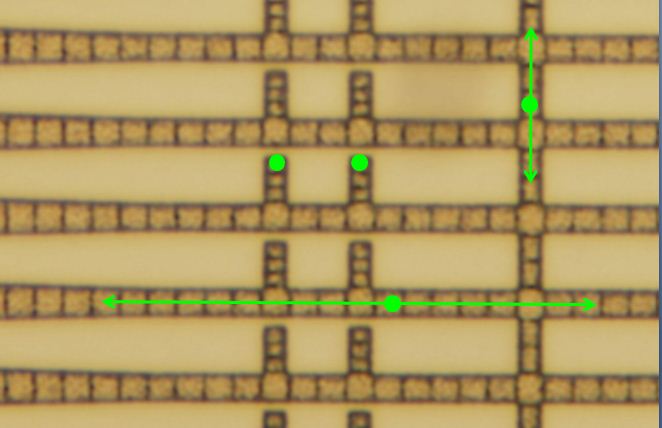
- Spin Physics in Semiconductors and Nanostructures
- Experimental Quantum Computing and Quantum Information
- Devices and Systems for Quantum Simulation
- Electron Transport and Spin Physics on Superfluid Helium
The tremendous progress by process engineers, semiconductor device physicists, and circuit designers in making better chips is the foundation upon which the computer revolution of the last decades has been built. The complexity of chips has doubled every eighteen months, and their speed increased by a factor of ten every five years from the 1970's until a few years ago. However, fundamental limits on the size, speed, and power dissipation of silicon devices are rapidly being approached, and in some cases we are already running up against these limits. At the same time, new materials and approaches to computing are being developed which may signal the beginning of a new revolution. The goal of our research is to advance the understanding of new materials, devices and the physics of computing.
As devices have been made smaller, quantum effects have become important. These effects already influence the operation of commercial devices (usually negatively) and have been harnessed for special functions in some conventional devices. We are investigating new types of devices, which will take advantage of quantum coherence to offer the possibility of performing entirely new functions. Quantum simulation and computation promise revolutionary advances in the speed of doing certain tasks, but building a large quantum computer is exceptionally challenging. Our major emphasis has been on demonstrating ways to use the spin of an electron as a quantum bit (qubit). We are currently investigating several electron spin systems: neutral donors in silicon, which have very long spin coherence; quantum dots in Si-based heterostructures, which are readily manipulated with gates; and electrons floating on the surface of liquid helium, which have exceptional transport properties.
